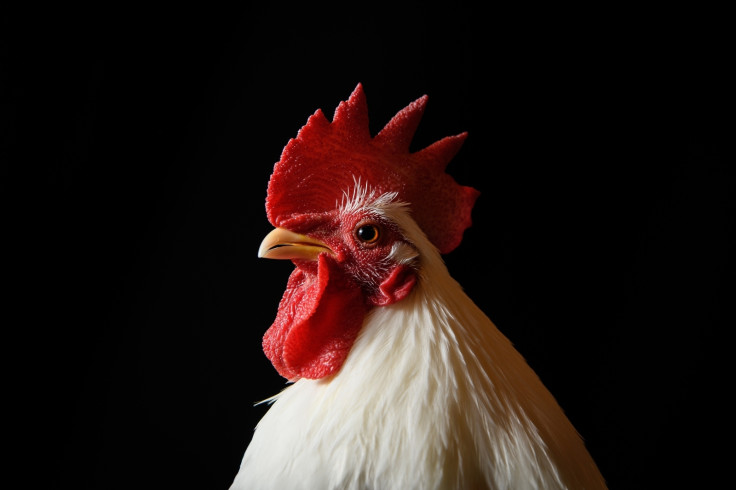Poo power: Are chicken feces the new renewable energy?
The alternative energy source could help to curb fossil fuel use.

Combustible biofuel made from the excrement of chickens, turkeys and other poultry has the potential to replace around 10% of coal-generated electricity, according to a new study from Ben-Gurion University of the Negev (BGU) in Israel.
As the pace of global warming increases, the alternative energy source could help to curb fossil fuel use, as well as providing a method to safely dispose of poultry excrement.
"Environmentally safe disposal of poultry excrement has become a significant problem," the researchers say. "Converting poultry waste to solid fuel, a less resource-intensive, renewable energy source is an environmentally superior alternative that also reduces reliance on fossil fuels."
Around 73% of all renewable energy production comes from biomass – energy sources that consist mainly of plant and animal products. However, huge quantities of crops are grown to be made into biofuel, putting a strain on land, water and fertiliser resources.
For the study, published in the journal Applied Energy, researchers compared two types of biofuel made from poultry waste to determine which was more efficient. The first is called hydrochar, produced by heating wet biomass to temperatures of up to 250 °C under pressure – mimicking the way coal is formed, albeit on a much sorter time scale. The second is biochar, which is made by slow-heating biomass at around 450°C in an oxygen-free furnace with hydrochar.
"We found that poultry waste processed as hydrochar produced 24% higher net energy generation," said Vivian Mau and Amit Gross, from BGU's Zuckerberg Institute. "Poultry waste hydrochar generates heat at high temperatures and combusts in a similar manner to coal, an important factor in replacing it as renewable energy source."
"This investigation helped in bridging the gap between hydrochar being considered as a potential energy source toward the development of an alternative renewable fuel," Gross said. "Our findings could help significantly reduce greenhouse gas emissions associated with electricity generation and agricultural wastes."





















